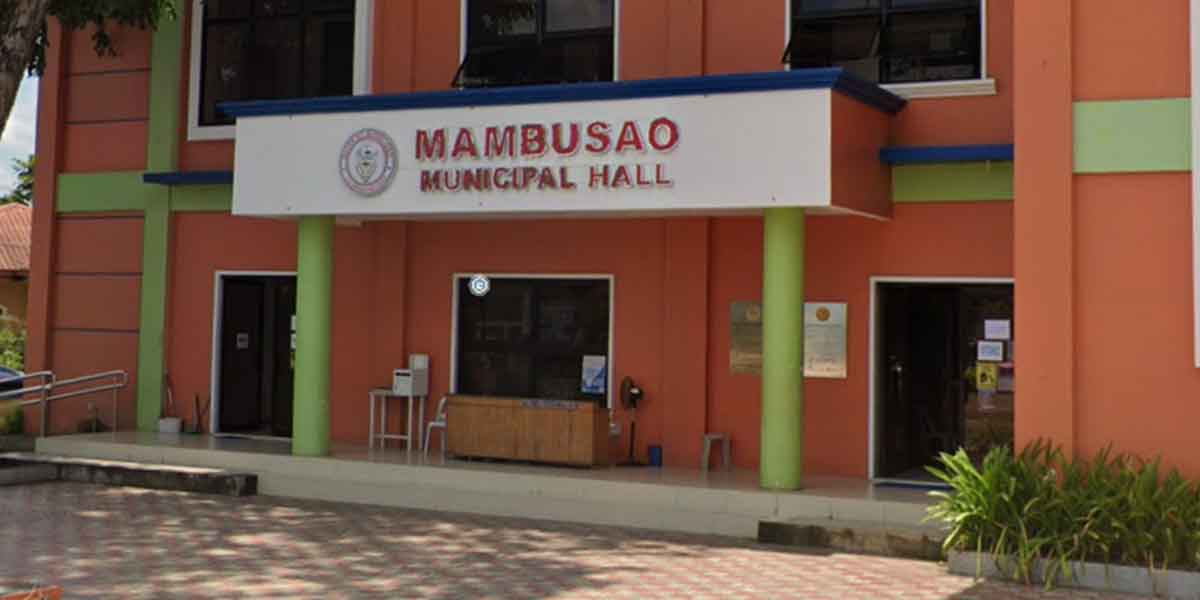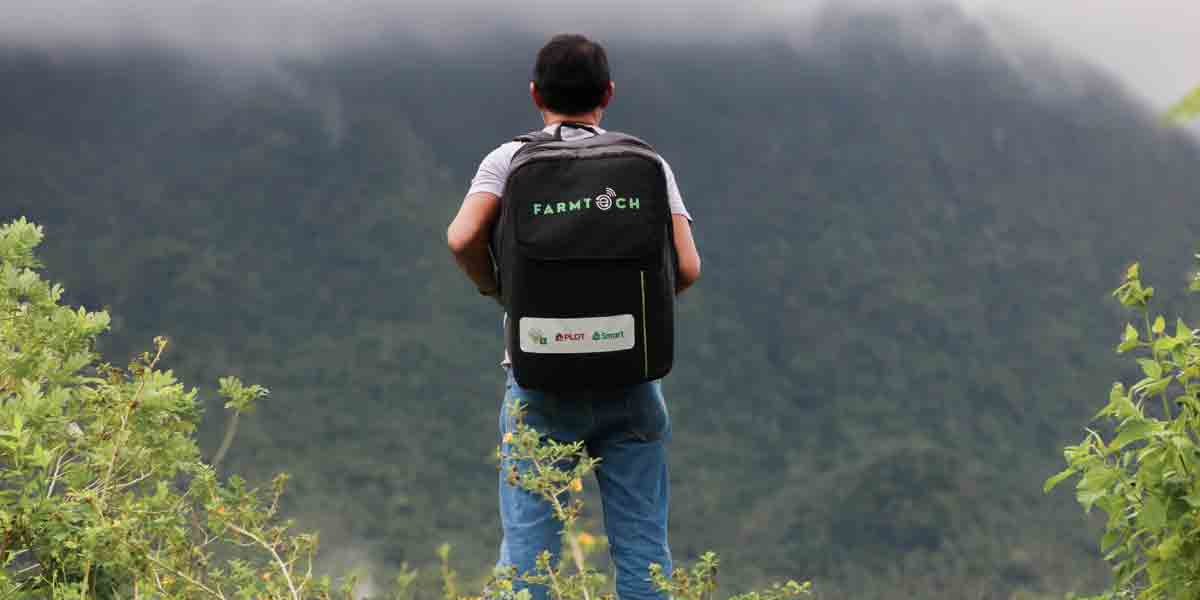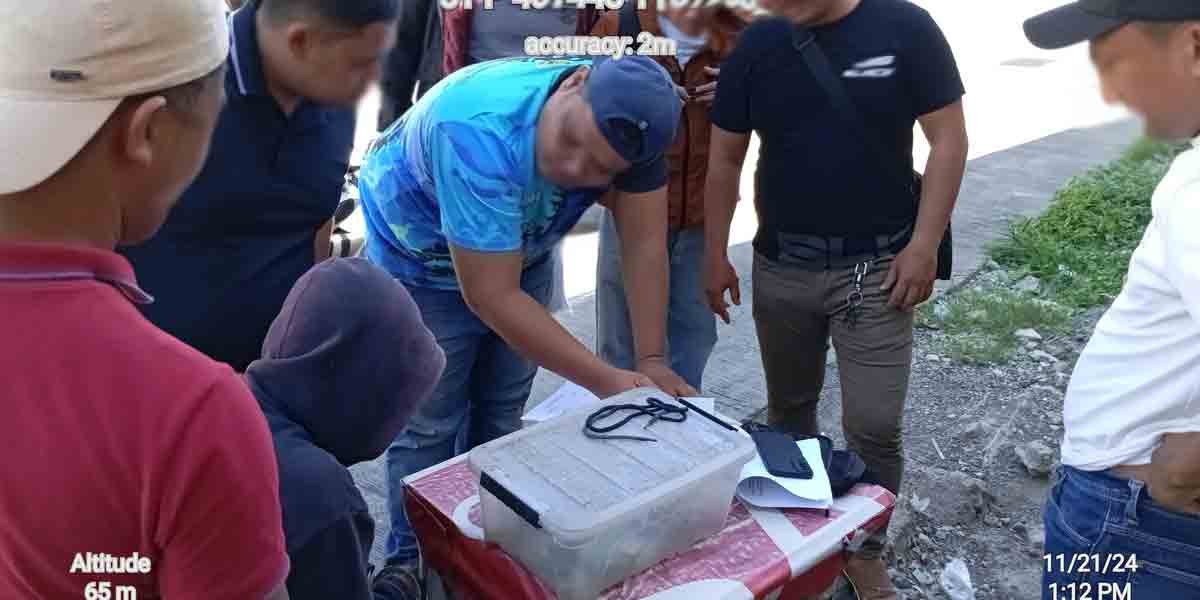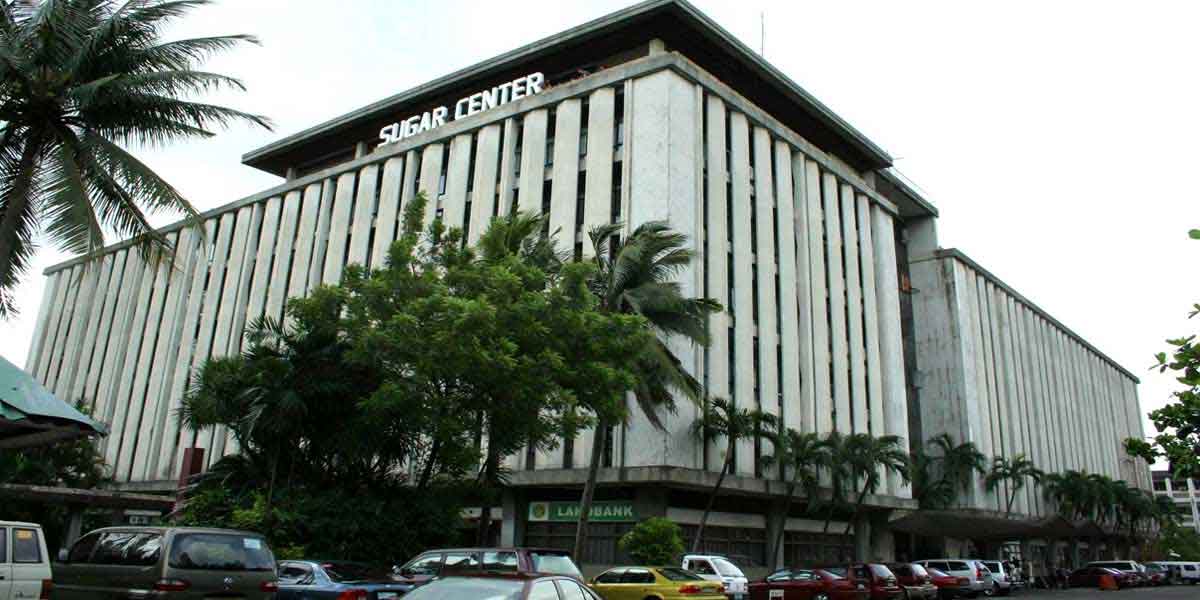The Asian Development Bank (ADB) and Plan International, a global humanitarian and development organization, marked the International Day of the Girl Child by highlighting the critical role girls and young women play in leading climate action.
The event, called the “Girls Takeover,” brought together youth leaders from across Asia and the Pacific, along with civil society organizations, to discuss and explore innovative nature-based solutions to climate change, as well as recognize the unique contributions of girls and young women in building climate-resilient communities.
At the heart of the Girls Takeover is 20-year-old climate advocate Noa, who symbolically stepped into the shoes of ADB’s Director for Fragility and Engagement, Climate Change and Sustainable Development Department, Benjamin Graham.
Noa highlighted how the climate crisis disproportionately affects women and girls, emphasizing their increased vulnerability due to limited access to resources, caregiving roles, and the heightened risks they face during climate-related disasters, including displacement, gender-based violence, and restricted access to education and healthcare.
She also shared her vision for a world where girls and young women lead in creating sustainable solutions for vulnerable groups that is truly responsive to their needs, advocating for their inclusion in disaster planning and response efforts.
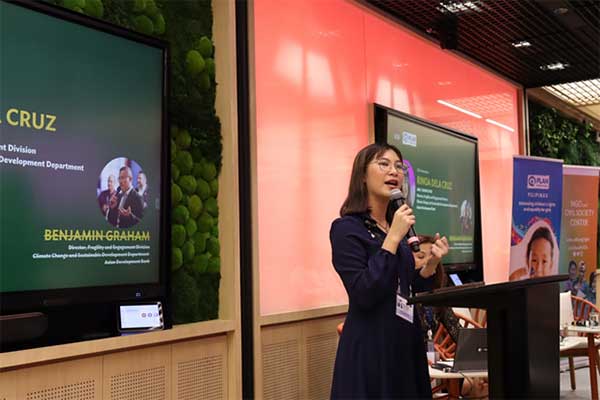
“When topics of vulnerability arise, there are often assumptions that young people need guidance. But we have a voice, and we want to be heard and acknowledged. Now, more than ever, women, children, and youth are taking the lead to ensure that we push for climate and environmental initiatives that are consultative, inclusive, and empowering, transforming our vulnerabilities into opportunities for action,” said Noa.
Graham reflected on the significance of the Girls Takeover initiative and reaffirmed ADB’s commitment to fostering inclusive spaces for young people and supporting gender-responsive approaches to climate change.
“We’re working on an operational approach for enhanced engagement with civil society, to include more collaboration with girls’ and young women’s groups to address major development challenges,” he said.
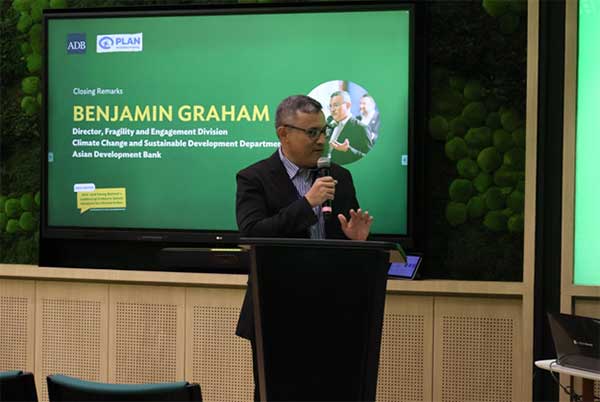
The event also featured a dynamic panel discussion with speakers that included Prachi Shevgoankar from India, creator of the citizen-led application for climate action Cool the Globe; Dikatauna Kea from Papua New Guinea, biologist and founder of the Eda Davara Marine Sanctuary, a marine research center and sanctuary; and Sabrina Escalona from the Philippines, co-founder of Rainfold, a foldable rainwater harvesting tank that transforms rainwater into safe, drinkable water.
Ramesh Subramaniam, Director General and Group Chief of the Sectors Group at ADB, highlighted the bank’s increased investment in addressing climate change and its consequences, placing it at the top of its development agenda.
“The vision for ADB is to be the Climate Bank for the Asia and the Pacific region. We’ve allotted $100 billion in cumulative commitments to be reached by 2030. We also have more funds that have been approved, and a significant portion of that will go [towards addressing] climate change,” he said.
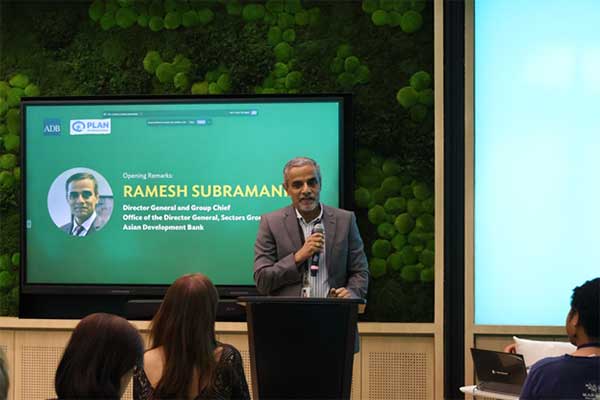
“The climate crisis is a social and intergenerational injustice; those who have contributed least are often the most impacted. It also exacerbates inequalities against girls and young women, threatening their futures and hindering their ability to live life to its fullest potential,” added Ana Maria Locsin, Executive Director of Plan International Pilipinas. She also emphasized that it is crucial to integrate gender perspectives into climate policies and ensure that girls have the tools and opportunities to become effective climate leaders and drive change around the world.




